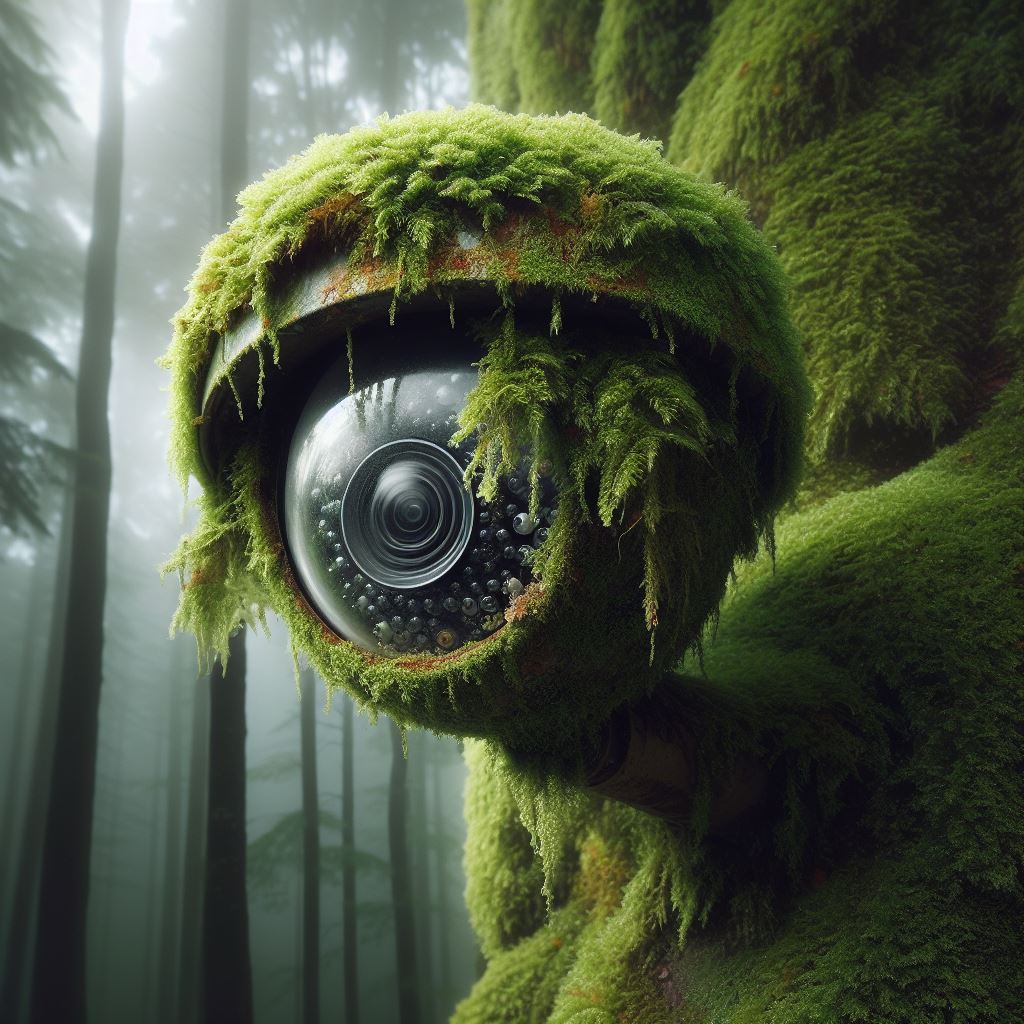Heirloom vegetables grow more slowly and spoil much more quickly than modern crops. This is because modern crops have less nutritional value - https://jeroenvanbaar.substack.com/p/data-dispatch-4-the-falling-nutritional
That article recommends eating a better diet. Sure. Seems a bit idealist. Here's some more actionable advice: everyone should take a multivitamin and magnesium glycinate. If you live somewhere that gets a winter take vitamin D too.
I'm speaking from experience here, I used to get sick every winter and my skin would get so dry it would crack and bleed. Take your vitamins.
CW for the vegans, I'll be talking about canned fish in this comment
Check out those deenz, folks. Try and descend your snouts into a funky can of sardines this season. They're real good; rich in bio-available Vitamin D, rich in healthy fats and they got a lot of calcium too. Get some tasty sardines (ideally, with skin on and bones in), laid to rest in a fresh drizzle of olive oil and enjoy that little bite of the seas. I've started eating a bunch of canned fish (mostly herring and sardines, tuna isn't ideal) this winter and my skin is a lot better, as is the seasonal depression. Can recommend
it's nature's multivitamin, really
To the vegans in the audience, I recommend algae oil supplements
Careful, many "vegan collagen supplements" are not actually collagen, they're other things which supposedly increase collagen production. (I don't know if there's any evidence that works.) Collagen is a mix of proteins, which you could get microbes to produce. (And then we could make vegan gelatin from it.)
Mmm I forgot to add krill oil to my list of things to probably take
Omega 3 fatty acids and it's vegan
This may be a dumb question but how is krill oil vegan? Krill is an animal right
I thought they were assorted animal and plant planktons, fish larvae, crustacean larvae, small crustaceans, and anything else floating by.
The wiki says there are 380 BILLION tons of krill swimming around in Antarctic waters, and that's just one species.
krill are tiny little crustaceans, they do count as plankton but all krill are animals
you're right, looks like you could buy algal oil which is actually vegan but krill are small shrimp
Probably a good idea, yea. The fat also helps with Vit D absorption/bio-availability, so it's probably an even better idea to take them together (Krill oil + VitD/Multivit)
It’s really not, canned fish is basically one level up from bologna, which is what the canned fish mediasphere is full of.
It’s high in sodium, saturated fat (compared to healthy proteins), contaminants (bpa/pcbs/mercury), this is basically the 2024 version of “butter is healthy actually” and god it fucking sucks just eat plants idiot
high in sodium
you're thinking of anchovies, I think. There's less than a gram of salt in the 100g sardines sitting in front of me rn
high in saturated fats
again, from the sardines on my desk: 17,3g of fat per 100g; only 3,5g of those are saturated. Idk if that's high to you, but it doesn't seem to be to me
bpa, pcbs
like all canned foods, yea. High, also is relative here, though I can't really find reliable numbers rn. If you know more, please share
mercury
not really, I think you're thinking of tuna? Sardines are a very small fish near the bottom of the food network, feeding on krill - there isn't really much bio-accumulation going on here, compared to bigger fish. There's some mercury in them for sure, but you'd have to eat a lot of sardines to get to dangerous levels
This post has been paid for by the North Atlantic Fishery Council, I hope you have enjoyed this social media content and will consider consuming 100 - 400g of canned sardines per day.
Also just wanna say, it's not very nice of you to be calling me an idiot when I even went out of my way to provide a CW for vegan sensibilities. I did find your post in response pretty funny though. Also also, I am eating those beans as well, don't you worry.
You keep sardines at your desk?
Your coworkers/roommates must love you.
Yes, they do.
(Desk meaning the table my surfing machine rests on. I have never consumed canned fish at the workplace. The NAFC stands for and promotes a responsible use of canned fish.)
The hand waving of mercury in sardines is really bad, they don’t not have mercury because tuna has more you silly Billy, and tiny amount of mercury are toxic and cause negative effects but go off king!!!
It’s ok, go ahead and eat all that shit and deny it’s bad for you because worse food has more of it. There’s literally no other option. Except you know, plants
I fuckin love canned tuna (skipjack or light, not albacore so much).
I've only tried a canned fish besides tuna or salmon once, it was sardines and I didn't like it. I'd kind of like to try other canned fish but I'm afraid I'll be disappointed again.
You could try a medium-sized fish, like herring. It's often canned in some kind of tomato-sauce and it generally breaks up more due to the size of it. No skin or bones. If you like tuna, this could be right up your alley.
Generally, I'd also advise to have some good bread with it or some crackers or something like that. You could also try it with rice, I think.
Vitamin D is a life-saver. My energy levels just plummet during winter if I don't take it.
That's true of the b vitamins and other water solubles, not for the other stuff.
If OP wants more detail, this is a good explainer: Water-Soluble vs. Fat-Soluble Vitamins
This doesn't cover minerals, and I'm still pretty sure you pee those out.
EDIT Looking it up, minerals are complicated. Sodium, phosphorus, calcium, and potassium are excreted through urine. Many other minerals are actually processed by the liver and then excreted in the intestines, which is a very slow process. That's why minerals can poison people - you actually can't just pee out excess iron or copper.
Only a portion is a absorbed for sure https://www.ncbi.nlm.nih.gov/pmc/articles/PMC6683096/
That is why magnesium pills tend to be big. It's wasteful I guess but it's your bodies fault
Are there any countries that do serious biomedical science based regulation of vitamins? I've heard that for most people who are eating a varied diet and aren't facing, like, idk, a diet made up of one or two elements or grown in severly depleted soils vitamins aren't necessary.
Excessive calcium also tend to form kidney stones, so it is not completely safe either.
This simply isn’t true or backed by evidence that is completely biased. Produce especially root vegetables like onions and potatoes still retain most of their nutritional value the only difference being the size of the vegetable in correlation with its total nutritional content which varies dramatically from a potato let’s say was grown fifty years ago.
A lot of these alleged studies into the nutritional drop off of our food is subsequently more harmful towards consumers because for starters, it reinforces the idea that fresh produce is “very bad” therefore you shouldn’t touch them. Another consequence is forcing people to know focus solely on consuming ready made manufactured products high in preservatives and other additives rather than planning meals consisting of fresh produce. And it goes without saying, anti GMO rhetoric which is akin to antivax conspiracy theories.
It is advised you consume vitamins anyway as a lot of foods contain small amounts of those that make up our daily intake, but at the same time they are not essential to your diet and are part of a bigger predatory market.
The more we push the idea that produce is bad the less people are likely to consume them and replace these essentials with more harmful foods or none at all, the reality is produce is starting to become “less profitable” as land becomes less fertile because of the consequences of climate change, if we want healthier produce, we must stop using fossil fuels- that will not happen so produce will stop producing higher yields and the cost will inflate - the rich will always have access to these goods and the rest of us will be eating carcinogenic imitation fruit paste in our pod apartments.
If food is less nutritionally dense but equally filling, on a population level malnutrition will become more common. The conclusion is that we should all eat more vegetables, I'm not sure what you're talking about with the "fresh produce is bad" thing. This has nothing to do with GMOs or depleted land, it's the result of markets making our food. Produce from local farmers markets is more good than supermarket produce but it's all good.
Here's a study showing people that supplement have less deficiencies than people that don't: https://www.ncbi.nlm.nih.gov/pmc/articles/PMC5579642/
Also vitamin D is it's own thing, deficiencies in that are caused by office jobs not diet. It's a hormone. Almost everyone should take it daily.
You take multivitamins because you think the food you eat isn't nutritious enough. I take multivitamins because I plan on buying 8000lb of rice and subsisting entirely off of that for the next 10 years. We are not the same.
Partially true but probably the least important ill of the modern age
far more important is the bioaccumulation of pesticides and heavy metals and plastics
and obviously the bioweapons being directly administered into the alveoli
also stress uses up energy and micronutrients faster, this is way more important IMO than vegetables being 10% less nutritious (veggies and fruits are still the healthiest and least degraded thing since the before-fore times)











